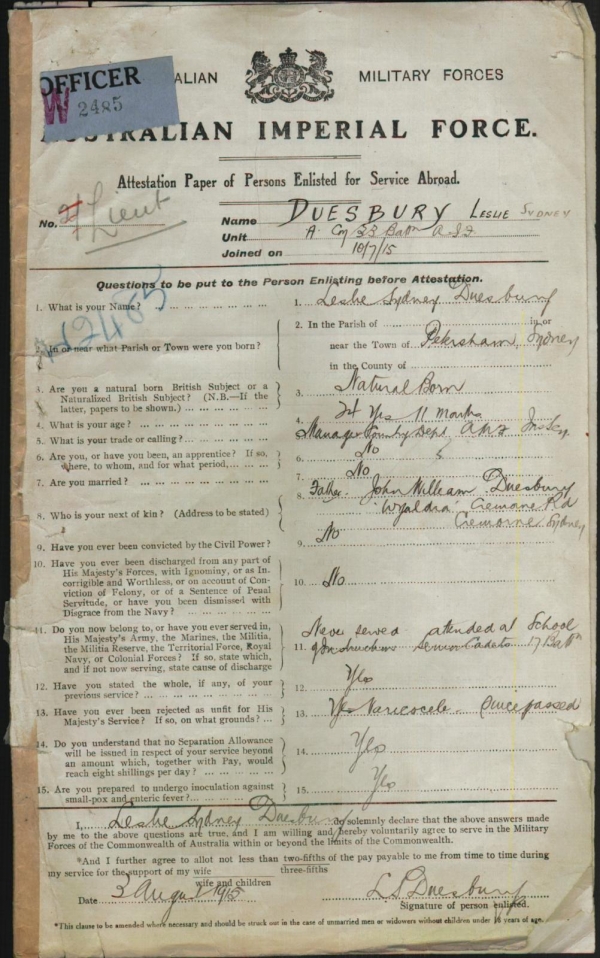Time is progressing towards our trip to France - and it doesn’t seem so long ago that the French students were just with us.
Spending the week with the French students was really interesting in lots of ways. We spent a lot of the week comparing the differences between our two cultures, and a point that came up a fair bit was the difference in the ways that New Zealanders view their own history, as opposed to the French attitude towards their own. The French seemed bemused at the way that some of our history is taught to us, at the seeming inconsistencies in the way some events are portrayed. This mainly comes from the different perspectives of history presented by the multiple cultures in our society, as we have both Pakeha and Maori viewpoints co-existing today and presented in slightly different ways, and it was interesting for me to see that from an outsiders point of view. New Zealanders also often tend to be not so interested in our own history, as opposed to the French, those of whom I spoke to seeming quite interested in their history. I cannot wait to go over and learn more about their history and culture, and perhaps to see how the teaching of their history is valued in a way that ours is often not.
One aspect of the week that I particularly enjoyed was how engaging the trip was - a week of learning, filming, meeting new people, and constant immersion in the French language meant that I had to be focused and switched on for pretty much all of the week. Even in our down time, just having a conversation with friends became a language lesson in itself. For me some of the best parts of the week were the little moments in between activities - a conversation here, or a ridiculous moment there, shared with people I'd only known for a couple of days but could chat freely with about most anything. It surprised me how little the language barrier stood in between making friendships and having lots of laughs with the French Ambassadors, and I was really lucky to have a good friend in Camille, who stayed with my family during part of her time here.
For my own personal project, I am balancing a couple of areas of interest. My research into Leslie Duesbury has given me more information about the movement of the 33rd battalion throughout the Western Front during the war. My most interesting find was a copy of Leslie’s attestation form for the Australian Imperial Force, which contained a few pieces of personal information. Finding this form was particularly special - although it may not be the most useful piece of evidence in terms of providing information on him or his part in WW1, it is one of the few traces I have actually found of him that had a personal touch. Seeing his handwriting and signature, actual evidence of his character, personified him in a way that no amount of research on family trees or military reports could do. I am also looking into the status of munitions in the North of France, as there are still lots of shells buried throughout the French countryside, that residents are still unearthing on their land today. For this research area, I am fortunate enough to be able to work with Camille, as her relatives are among those who have unearthed shells in recent years.
Another area of interest to me, which I have been studying in history class at the moment, is the Battle of Passchendaele. More specifically, why it is under-represented as an event of significance of New Zealand history, especially when compared to Gallipoli. The battles at Ypres included New Zealand’s darkest day in military history, losing roughly 850 men in one single day, on the 12th October 1917. So why don’t we commemorate Passchendaele in any way close to the way that we remember Gallipoli? According to the WW100 New Zealand site, the results of a survey of 4000 New Zealanders aged 15 years and up found that just over half believed that most of the New Zealanders who died did so at Gallipoli. During our trip I will hopefully be able to visit the Passchendaele memorial, and see how it is commemorated overseas.

